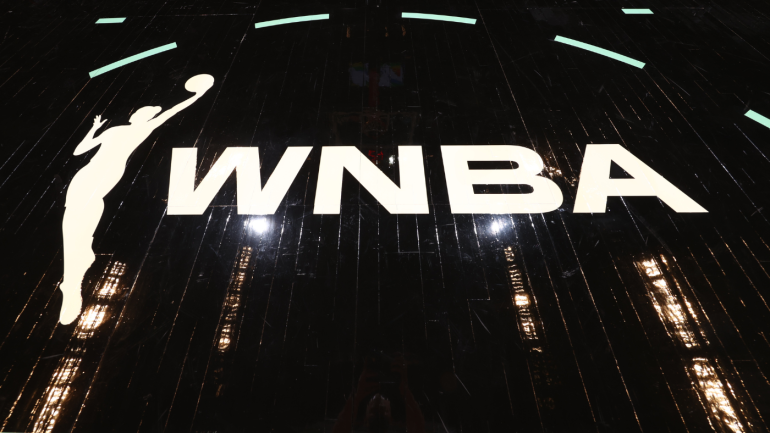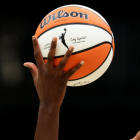
The 2023 WNBA season is now just a few weeks away, with a four-game opening night set for May 19. Ahead of all the action, the league announced a set of new rule changes on Wednesday, which will take effect immediately. Coaches will now have the ability to challenge calls, a transition take foul has been implemented and benches will have to behave.
Here's a closer look at some of the changes:
Coach's reviews arrive in the WNBA
A system for coaches to review calls by officials and umpires has been in use across major North American professional sports for a number of years, and the WNBA is finally getting with the times. Starting this season, coaches will have the opportunity to use one challenge per game.
Here are the key notes:
- Teams will only get one challenge per game, regardless of the result
- Challenges can only be triggered in three scenarios: a foul call on their own team, an out of bounds call or a goaltending/basket interference call
- A challenge is now the only time in which an out of bounds decision will be reviewed. Previously, the referees could go to the monitor on those calls in the final two minutes of the fourth quarter or overtime
- In order to initiate a challenge, a team must call a timeout to do so. If a team tries to challenge a play with no timeouts remaining, they will be charged a technical foul
- In the event that a challenge results in a call being overturned and the ball was live, possession will be granted to the team that clearly and conclusively would have gained possession at the time of the whistle. If that standard cannot be met, play will be resumed with a jump ball
Transition take fouls to improve the flow of the game
One of the big changes in the NBA this season was the introduction of transition take fouls in an attempt to improve the flow of the game and allow for more exciting moments on fastbreaks. In short, there are now stiffer penalties for players who commit fouls to stop advantageous situations for the offense without making a play on the ball.
It has been such a success that the WNBA will follow suit.
Here are the key notes:
- Transition take foul calls will be based primarily on whether the defender makes a legitimate play on the ball. For example, grabbing or wrapping up an opponent in a non-basketball manner will result in transition take fouls
- If a transition take foul is assessed, the offensive team will be awarded one free throw, which can be shot by any player on the floor at the time of the foul. After the free throw, they will retain possession of the ball
- Transition take fouls will not rise to the level of technical of flagrant fouls. Defenders who commit one will be assessed a common personal foul
Bench conduct
One less noteworthy change is that there is now an official rule and penalty regarding bench conduct. This is another item that was implemented in the NBA this season and is being applied to the WNBA as well.
Here are the key notes:
- Players on the bench cannot remain standing or away from the bench for prolonged periods of time during live play
- Players and coaches are prohibited from trying to distract opponents in an unsportsmanlike manner
- If players or coaches violate these rules they will be assessed a delay of game warning or technical foul depending on the severity of the situation

















